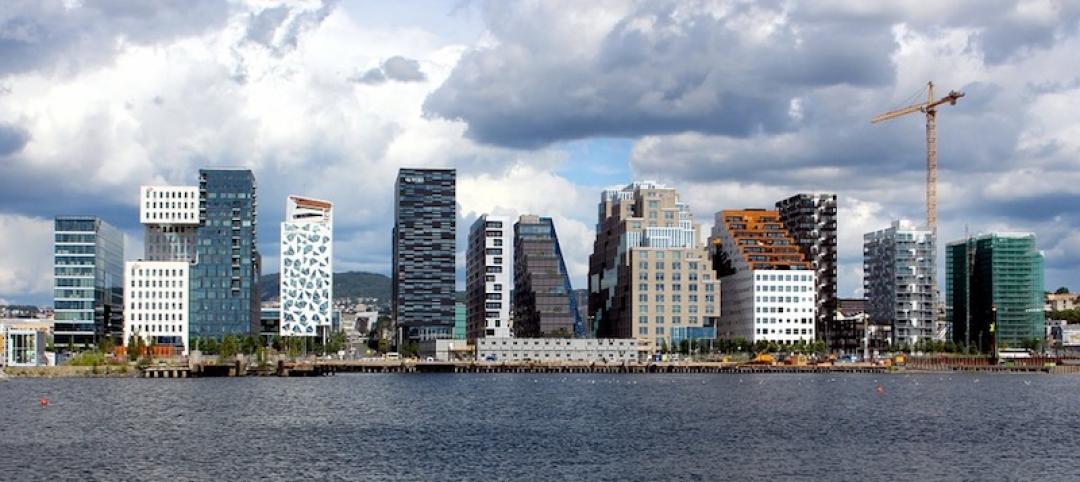Building codes should be updated to protect residents from the harmful health impacts of indoor cooking, according to a new report from the Environmental Law Institute (ELI).
Reducing Exposure to Cooking Pollutants: Policies and Practices to Improve Air Quality in Homes provides policymakers with information to help people in their communities protect themselves from being exposed to particulate matter, nitrogen dioxide, and other harmful pollutants inside their homes.
“Any type of cooking—from boiling water to frying food—will generate some amount of cooking pollution,” said ELI Staff Attorney Amy Reed, in a news release. “Fortunately, proper ventilation practices, which can remove those harmful cooking pollutants, are well established and readily available.”
Updated building codes should mandate kitchen ventilation in all new residential construction. Jurisdictions should establish minimum ventilation performance standards to ensure that exhaust systems can remove a sufficient share of the pollutants emitted during cooking immediately after they are emitted.
ELI also says policymakers should increase public awareness of both the health risks from cooking pollutants and the solutions that are available.
Related Stories
Codes and Standards | Feb 12, 2019
Property technology adoption accelerates in commercial real estate industry
New business models create disintermediation.
Codes and Standards | Feb 11, 2019
Investing in downtowns pays off for cities, regions
Benefits include driving tax revenue, business activity, and smart development.
Codes and Standards | Feb 8, 2019
Oslo, Norway’s downtown goes virtually car-free
Parking spots converted to bike lanes, transit is fast and easy.
Codes and Standards | Feb 7, 2019
New North Carolina energy code has extensive lighting control requirements
Includes automatic shut offs for buildings of all sizes.
Codes and Standards | Feb 6, 2019
Solar carports can help with California’s Title 24 mandates
Can be combined with virtual net-metering software and tax-enabled financing.
Codes and Standards | Feb 5, 2019
Milwaukee board approves rezoning for Western Hemisphere’s tallest mass timber building
Mixed-use tower would rise 21 stories high.
Codes and Standards | Feb 1, 2019
Mass. governor proposes real estate transfer fee hike for climate resiliency projects
Opposed by real estate and trade groups, plan could generate $1 billion in next decade.
Codes and Standards | Jan 31, 2019
New York City will reform construction bid process
Streamlined process intended to improve efficiency, reduce hassle for bidders.
Codes and Standards | Jan 30, 2019
New AGC program aims to diversify construction workforce
More diversity needed to keep pace with demand for workers.
Codes and Standards | Jan 29, 2019
Registration now open for LEED v4.1 for New Construction and Interior Spaces
Emphasizes human health and integrative building design.

















